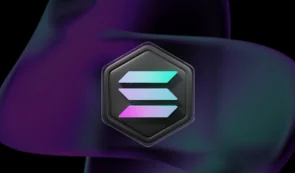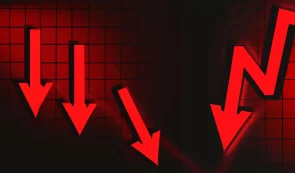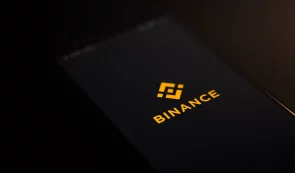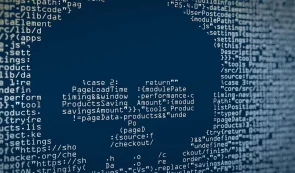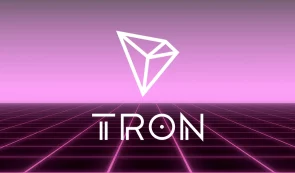Terra Classic Proposes Governance Rule for Enhanced Security and Decentralization

Terra Classic has recently proposed a new governance rule aimed at boosting network security and decentralization.
The rule prohibits validators from running more than one node and prevents entities from validating the network across different project divisions. Non-custodial service providers are also forbidden from allowing customers to operate multiple validators.
This measure addresses concerns about potential risks to network security and decentralization by reducing the likelihood of Sybil attacks. If passed, all network participants must comply immediately, ensuring a fair and stable environment within the Terra Classic network.
The proposed rule change aims to strengthen the integrity of the Terra Classic network by limiting the number of nodes controlled by a single entity, thus maintaining a more decentralized structure. This is crucial for preventing any single entity from gaining undue influence over the network and enhancing its resilience against attacks and manipulation.
Validators, responsible for verifying transactions and creating new blocks, will operate under strict guidelines, ensuring trust and integrity across the platform. Additionally, the proposal includes the establishment of a dedicated development team funded by the community pool to oversee all Terra Luna Classic chain developments.
READ MORE: UK Empowers Law Enforcement Against Cybercrime Involving Digital Assets
This initiative aims to centralize development oversight while maintaining decentralized blockchain governance. The team’s role would be to efficiently manage and implement new projects and updates, enhancing operational efficiency and response to technical challenges.
The community’s decision on both the proposed governance rule and the establishment of the development team will significantly shape the future governance and development structure of the Terra Classic network, emphasizing its commitment to autonomy and operational efficiency.


